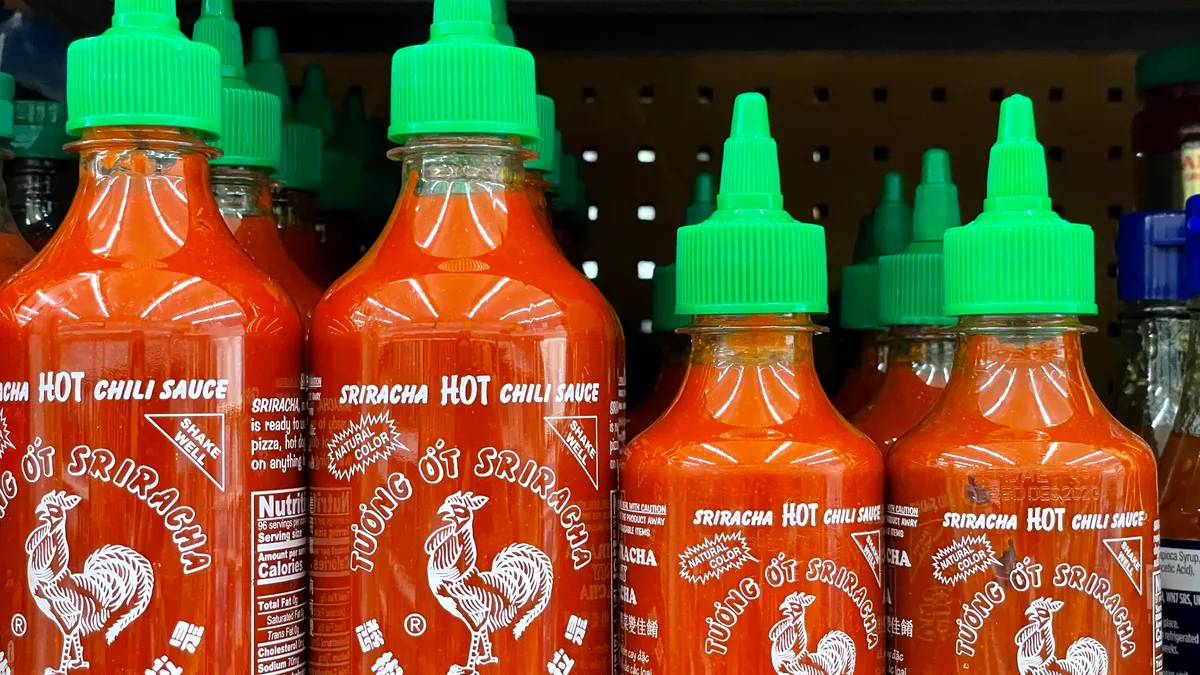Dive Brief:
- Roche is the latest drugmaker planning to expand drug production in the U.S., announcing Tuesday a pledge to spend $50 billion over five years on new and existing manufacturing facilities in several states.
- The investment promise comes at a time when the Trump administration's tariff policies have thrown global trade into disarray and pressured drugmakers. Roche, in response, said it intends to build new factories for obesity medications, gene therapies, continuous glucose monitoring devices, as well as a new research and development center. Roche will expand several existing plants as well.
- According to Roche, the investments will enable the company to export more drugs from the U.S. than it imports, something it already does with diagnostics. They will also create 12,000 new jobs, the company said.
Dive Insight:
Roche is the fifth big drugmaker this year to promise to significantly boost its U.S. manufacturing capacity, following Johnson & Johnson, Eli Lilly, Merck & Co. and Novartis. All told, the five have committed more than $160 billion to U.S. drug production in the coming years.
Roche’s outlay will create a series of new plants, such as a gene therapy facility in Pennsylvania and an AI-focused R&D hub in Massachusetts. It would also fund expansions and upgrades for existing facilities that make medicines and diagnostics. Those plants are located in Kentucky, Indiana, New Jersey, Oregon, Arizona and California.
“Today’s announced investments underscore our long-standing commitment to research, development and manufacturing in the U.S.,” said Roche CEO Thomas Schinecker, in a statement. “We are proud of our 110 year legacy in the United States which has been a key driver for jobs, innovation and the creation of intellectual property in the US, across both our pharmaceutical and diagnostics divisions.”
Pharmaceutical companies are facing the possibility of new tariffs from the Trump administration that could be implemented in the coming weeks. Senior administration officials believe they can use the levies to push drugmakers to “reshore” manufacturing of pharmaceuticals and their key ingredients.
Roche and its peers are trying to get ahead of these threats by announcing new U.S. investments. However,it could be several years before many of these new facilities are completed and have a measurable impact on drug imports.
In 2024, Roche sold a biologics plant in Vacaville, California, to Swiss contract manufacturer Lonza for $1.2 billion. Overall, the company recorded 827 million Swiss francs, or $940 million, of costs related to plant closures in 2024. Comparatively, Roche spent 1.7 billion Swiss francs on property, plants and equipment for its pharmaceutical division and 1.8 billion Swiss francs on such costs for its diagnostics business.













